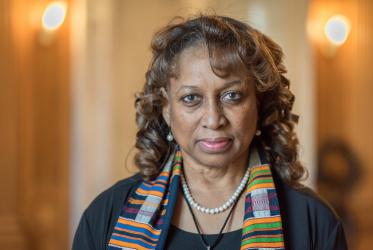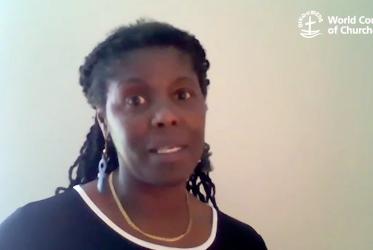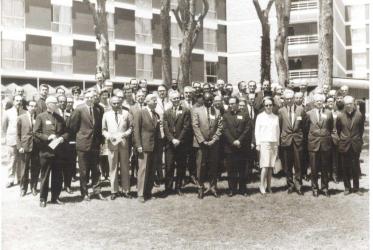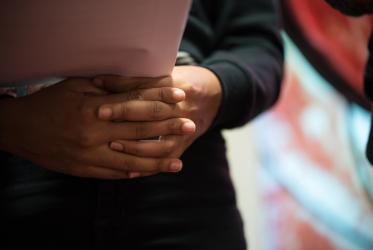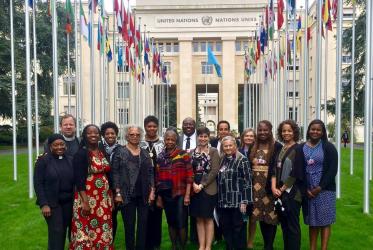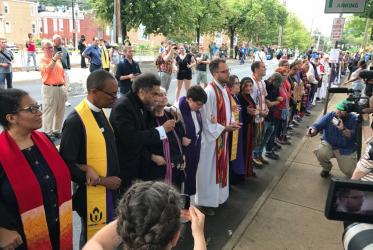Displaying 1 - 20 of 33
“The work of truth-telling has to happen”
28 September 2017
Orthodox bishops in USA condemn racist violence
31 August 2017
Presbyterian leaders: racism in USA is “pernicious poison”
31 August 2017
Seminar explores music as bridge between cultures
24 November 2016
Eco-justice at stake for Standing Rock people in USA
07 November 2016
Panel discussion fields ideas on European identity
26 April 2016




